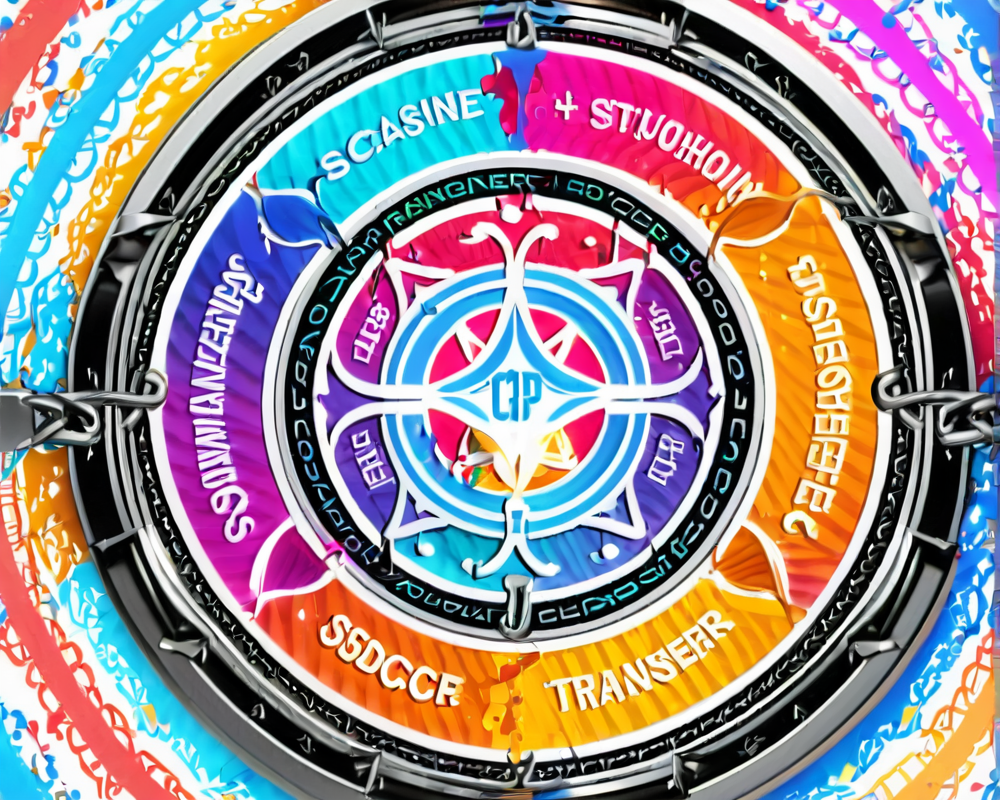Understanding the Formal Inquiry
On December 18th, a team that includes members from the Bank of Israel put out a formal request for information regarding Distributed Ledger Technology (DLT). Known as the “Regulatory Coordination of Virtual Assets”, this initiative highlights a significant effort to bolster collaboration among various regulatory bodies in Israel concerning DLT.
The Team Behind the Inquiry
The task force comprises a diverse array of representatives which, besides the central bank, includes officials from the Securities Authority, the Ministries of Finance and Justice, the Tax Authority, and the Israel Money Laundering and Terror Financing Prohibition Authority, among others. It’s like the Justice League, except instead of superpowers, they’re armed with legal frameworks and a mandate for regulation.
What Information Is Being Requested?
The document aims to uncover the various barriers hindering the growth of the DLT industry in Israel. It specifically queries local DLT companies, fundraisers, investors, and consumers about their experiences with virtual assets. You could say they want to play the role of financial therapists, gathering information from parties who have been in the DLT trenches.
- Obstacles faced by local DLT companies
- Challenges encountered by fundraisers and investors
- Consumer experiences with virtual assets
Risks vs. Opportunities
Furthermore, the inquiry delves into the inherent risks of virtual assets and the untapped potential they harbor in the finance sector. By highlighting both sides of the DLT coin, the regulators aim to create a well-rounded perspective that could shape future policies.
Specific Areas of Focus
Some key points of interest include:
- Security concerns of using virtual currencies
- Potential for DLT to enhance transaction efficiency
- Tools DLT could provide in combating Anti-Money Laundering (AML) and terrorism financing
The Deadline and Broader Implications
Interested contributors are encouraged to submit their insights by December 31, 2018. However, let’s be honest: who doesn’t love a deadline? It’s basically the academic version of a motivational speech. As this inquiry unfolds, it’s important to consider the broader context; just a month earlier, a study group had suggested the Bank of Israel refrain from launching its own cryptocurrency, and former Prime Minister Ehud Barak stirred the pot by likening digital currencies to Ponzi schemes, implying he’d never put his money where his mouth is in crypto.
Time will tell how these developments affect the local financial landscape.




